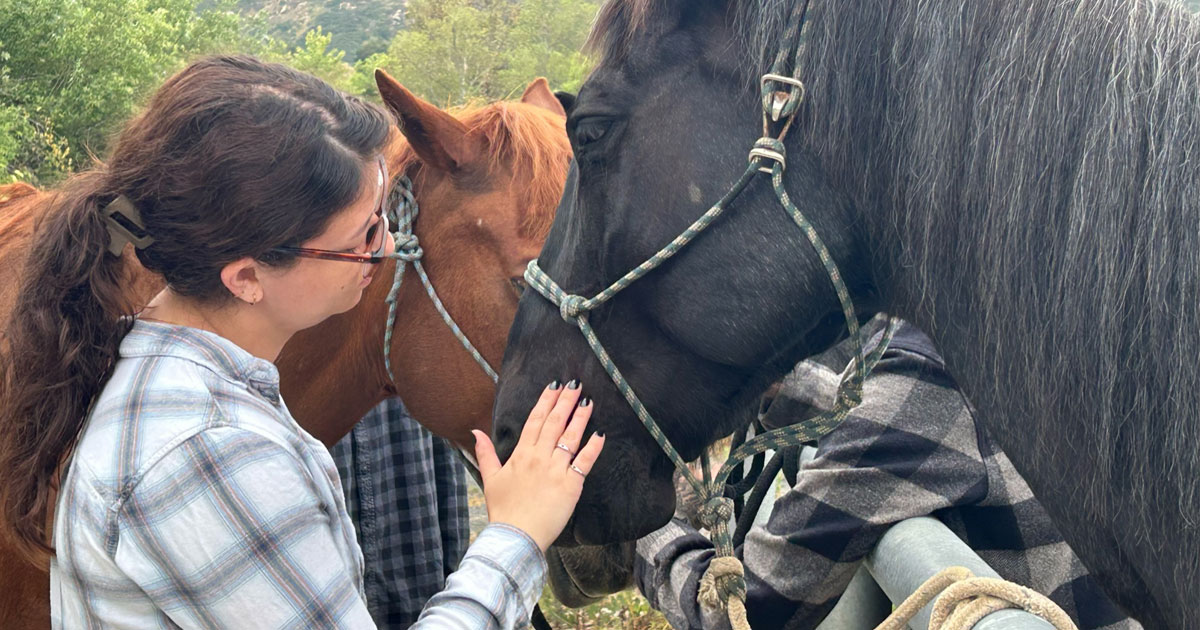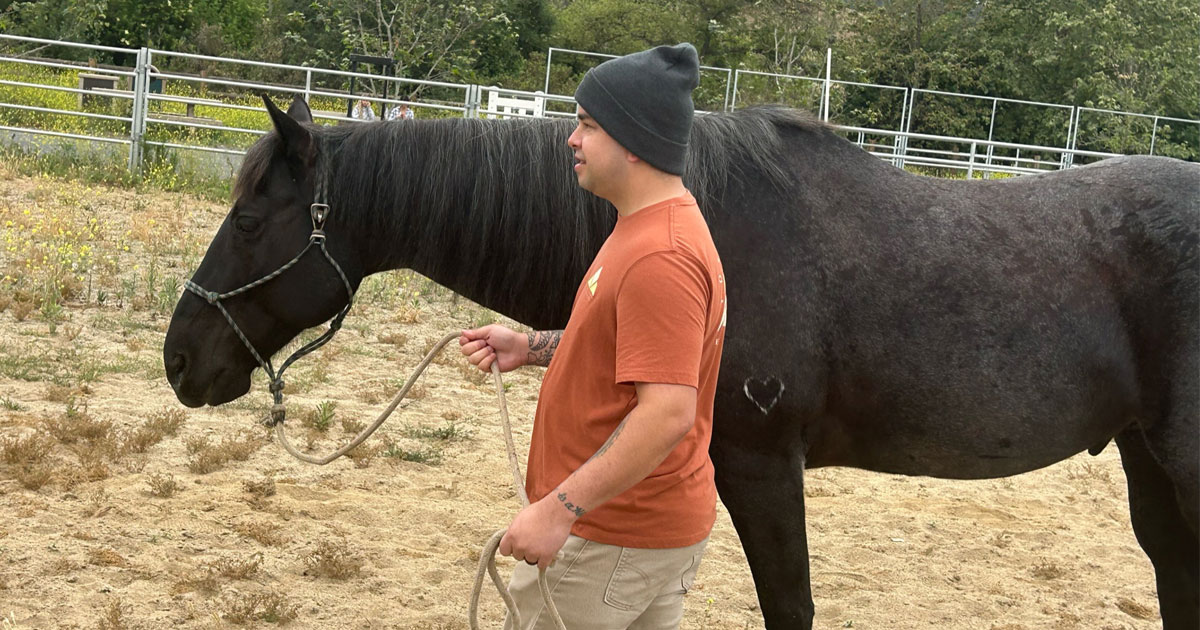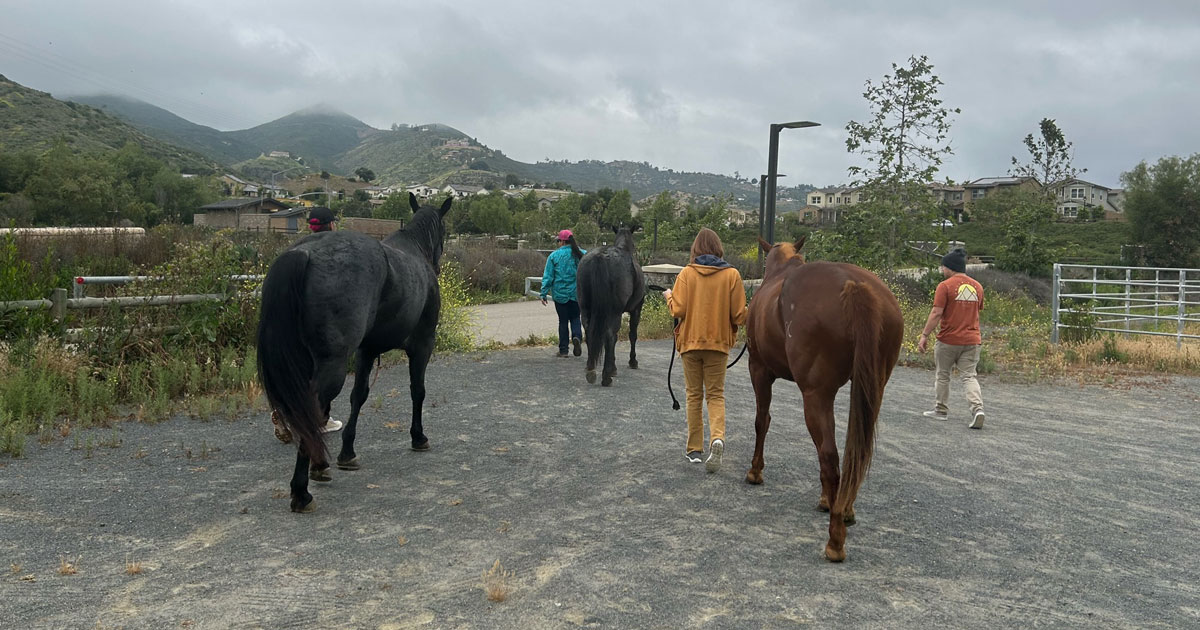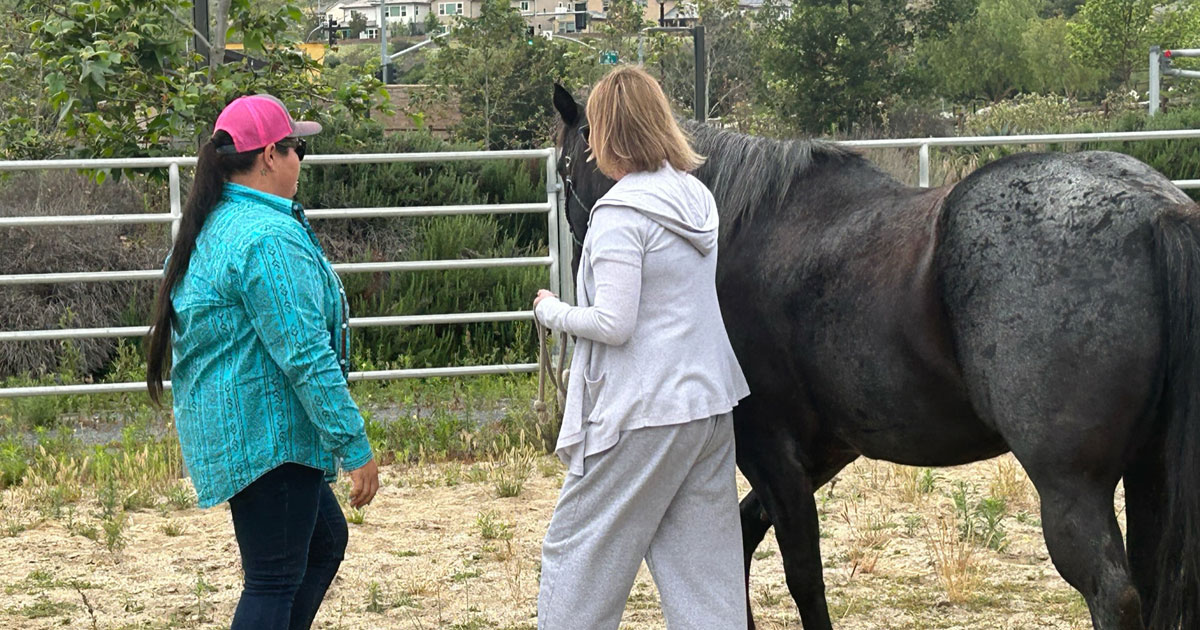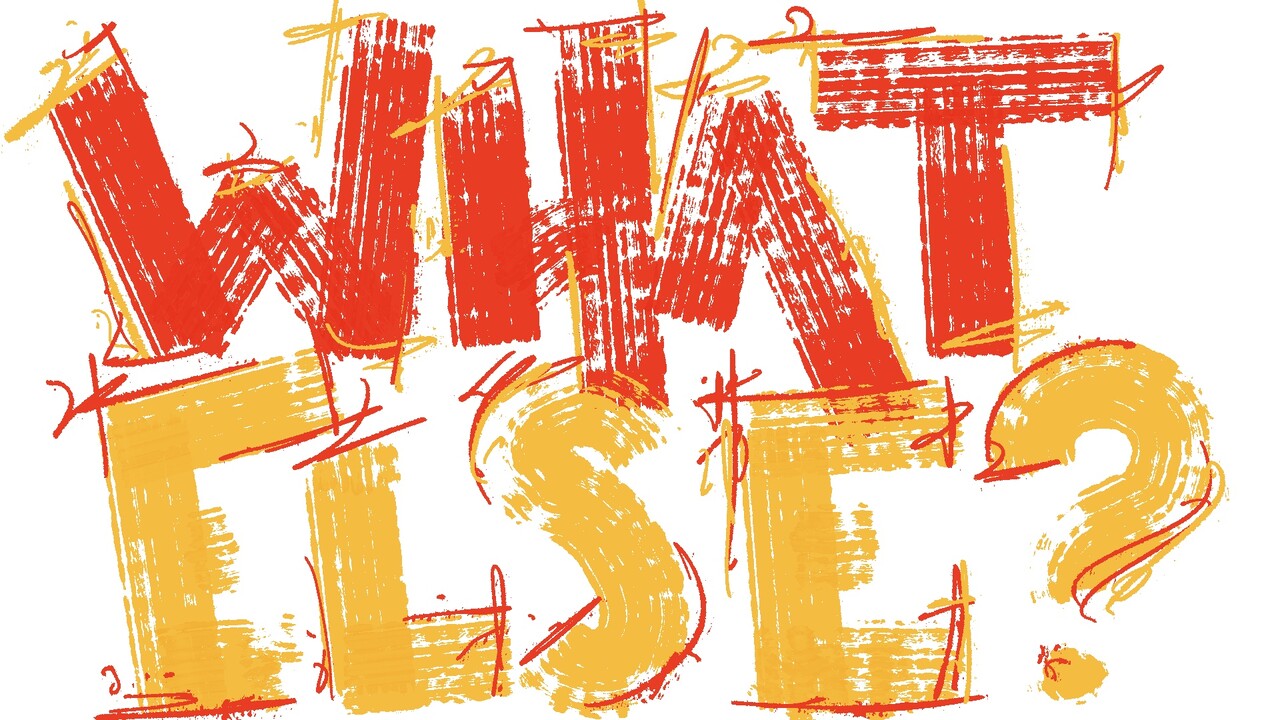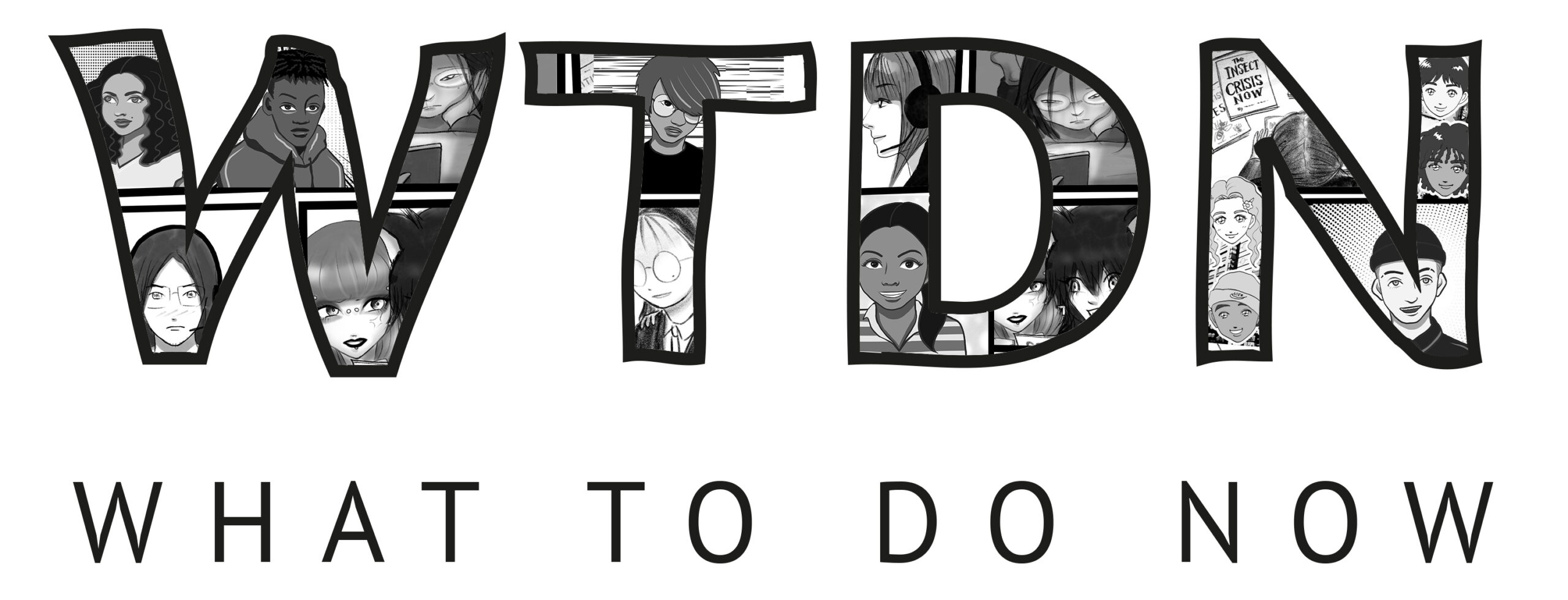Equine therapy, a unique form of behavioral health treatment, has been gaining traction as an effective method in addiction recovery. This therapy, involving horses, offers numerous benefits for individuals struggling with substance use disorders, mental health issues, and more. In this comprehensive guide, we delve into how equine therapy helps in addiction treatment and the many benefits it provides.
The Science Behind Equine Therapy
Equine therapy, also known as horse-assisted therapy, is an innovative approach to addiction treatment and mental health disorders. It involves interactions with horses under the guidance of a qualified horse specialist. This therapy has evolved from traditional methods, offering a hands-on approach promoting emotional growth and self-awareness.
Equine-assisted therapy sessions are grounded in science, focusing on how human relationships with animals, particularly horses, can lead to significant psychological improvements. The immediate feedback and non-verbal communication with horses help patients better understand their emotions and behaviors.
Unique Benefits of Equine Therapy for Addiction Recovery
During a horse therapy session, patients engage in various activities such as horse care, grooming, and sometimes horseback riding. These sessions improve self-esteem, impulse control, and social skills. The therapeutic effect of these interactions is profound, often leading to breakthroughs in the recovery process.
Enhanced Self-Efficacy
Equine therapy significantly boosts self-efficacy in patients. As they learn to interact with and care for the horses, they experience a sense of accomplishment. This hands-on approach in a non-judgmental environment allows individuals to overcome challenges, fostering a belief in their abilities to influence events. This newfound confidence is crucial in navigating the path of addiction recovery.
Emotional Regulation and Awareness
One of the most profound benefits of equine therapy is its impact on emotional regulation. The need for calm and focused interaction with horses teaches patients how to manage their emotions effectively. With their sensitivity to human emotions, horses provide immediate feedback to the patient’s emotional state, encouraging a deeper understanding and awareness of their feelings. This interaction helps in identifying and addressing underlying emotional triggers associated with substance abuse.
Development of Healthy Relationships
Building a relationship with a horse mirrors the complexities of human relationships. Horse therapy sessions offer a safe space for patients to explore and understand the dynamics of trust, respect, and empathy. These experiences are then transferable to human interactions, aiding in healthier personal and professional relationships. The skills learned through equine-assisted activities are invaluable in rebuilding connections that may have been strained or lost due to addiction.
Control Over Negative Emotions
Addiction often coexists with a range of negative emotions, such as anger, guilt, and shame. Equine therapy helps individuals recognize and control these emotions. The non-verbal communication and bond formed with the horse assist in processing and constructively releasing these negative feelings. This emotional release is a critical step towards healing and long-term recovery.
Building Self-Confidence
Learning to interact with and ride horses requires patience and perseverance. As patients progress in their equine therapy sessions, they gain a sense of achievement. This success translates into improved self-confidence, a key element in overcoming the challenges of addiction. The pride in mastering new skills with the horse reinforces a positive self-image and self-worth.
Learning Impulse Control and Responsibility
Equine therapy naturally instills a sense of responsibility and impulse control. Being present and mindful while interacting with horses teaches patients to control impulsive behaviors. This is particularly beneficial for individuals with substance use disorders, as impulse control is often a significant challenge.
Enhancing Social Skills
Working in group equine therapy sessions can enhance social skills. Patients learn to communicate effectively, work as a team, and support each other. These improved social skills are essential for successful integration into society and maintaining sobriety.
Physical and Mental Health Benefits
Beyond the psychological benefits, equine therapy also offers physical advantages. Grooming, feeding, and riding horses improve physical health, lower blood pressure, and reduce stress. Combining physical activity and emotional connection with the animal promotes overall well-being.
Personal Development Through Equine Therapy
Equine therapy contributes significantly to personal development. It enhances self-image, teaches new skills, and helps manage negative thoughts. The therapeutic process fosters a sense of responsibility and empathy, which is crucial for long-term recovery from addiction.
Who Can Benefit from Equine Therapy?
Horse therapy is not just a treatment modality; it’s a transformation journey suitable for a wide range of individuals. Its inclusive nature benefits diverse groups with unique challenges and treatment goals.
Individuals Recovering from Drug Addiction and Substance Abuse
At the forefront, equine therapy is exceptionally beneficial for those battling drug addiction and substance abuse. The therapy offers a non-traditional, experiential approach that complements the more conventional methods of addiction treatment. It provides a therapeutic escape from the clinical environment, allowing individuals to engage in healing activities in a natural, calming setting.
People with Mental Health Disorders
Equine therapy is also a highly effective treatment for individuals with various mental health disorders. For those who have post-traumatic stress disorder (PTSD), depression, anxiety, and other mood disorders, the interaction with horses can be profoundly calming and restorative. The therapy aids in reducing symptoms of these disorders by promoting a sense of peace, mindfulness, and emotional stability.
Youth and Adolescents
Young people, particularly those struggling with behavioral issues, find equine therapy engaging and beneficial. It allows them to express themselves non-verbally, a form of communication they are often more comfortable with. The therapy also teaches responsibility, empathy, and social skills, which are crucial for their development.
Individuals with Social and Communication Challenges
For those who face difficulties in social settings or have communication challenges, equine therapy provides a unique platform to enhance these skills. The need to communicate with the horse and work in a team setting during group sessions helps develop better interpersonal skills.
Victims of Trauma and Abuse
Victims of trauma and abuse can find solace and a sense of safety in equine therapy. The non-judgmental nature of horses provides a space for these individuals to rebuild trust and find comfort away from the distressing aspects of their experiences.
Professionals Seeking Stress Relief
Even individuals in high-stress professions or those seeking personal growth can benefit from equine therapy. It offers a break from the daily grind and a chance to reconnect with oneself in a peaceful environment.
Integrating Equine Therapy with Other Treatment Methods
Equine therapy, while powerful on its own, achieves its full potential when integrated with other treatment methods. This holistic approach ensures that individuals receive comprehensive care tailored to their needs.
- Combination with Cognitive-Behavioral Therapy (CBT): Pairing equine therapy with CBT creates a robust treatment plan. CBT’s structured approach to addressing negative thought patterns complements the experiential learning in equine therapy. This combination allows individuals to understand and change their thought processes while simultaneously experiencing emotional healing through equine interactions.
- Incorporation with Group and Individual Therapy: Equine therapy works well alongside group and individual therapy sessions. The insights and breakthroughs achieved during equine therapy can be further explored and understood in a more traditional therapeutic setting, providing a well-rounded treatment experience.
- Integration with Medication Management: For those on medication for mental health disorders or substance abuse, equine therapy can be an excellent adjunct. It can enhance the effectiveness of medications by reducing stress and improving overall mental well-being.
- Complementing Family Therapy: In cases where family dynamics contribute to an individual’s challenges, equine therapy can be integrated into family therapy sessions. It offers a unique setting for family members to interact, communicate, and bond, improving relationships and understanding.
- Supporting Physical Rehabilitation: Equine therapy can be a valuable addition for individuals undergoing physical rehabilitation. The physical activity involved in horse care and riding can aid in physical recovery and improve motor skills.
Find the Right Equine Therapy Program at Lilac Recovery Center
Choosing the right equine therapy program is crucial. Factors to consider include the qualifications of the horse specialist, the structure of the equine-assisted therapy sessions, and the program’s overall philosophy. Equine therapy offers a unique and effective approach to addiction recovery and mental health treatment. Its benefits extend beyond traditional therapy, providing a path to profound and lasting emotional and psychological healing.
If you or a loved one is struggling with addiction or mental health issues, consider equine therapy as a viable treatment option. Contact Lilac Recovery Center, a leading San Diego, CA, addiction and mental health treatment center, at 442-341-6400 today to learn more about equine therapy programs and begin the journey to recovery.

CADC II, Certified AOD Counselor
Nora Jenkins has made the quality and committed care we provide at Lilac Recovery Center possible. Nora is experienced in providing care to assist in rebuilding relationships to support healthy, long-term recovery. Her professional background includes clinical management, program administration, and counseling.
